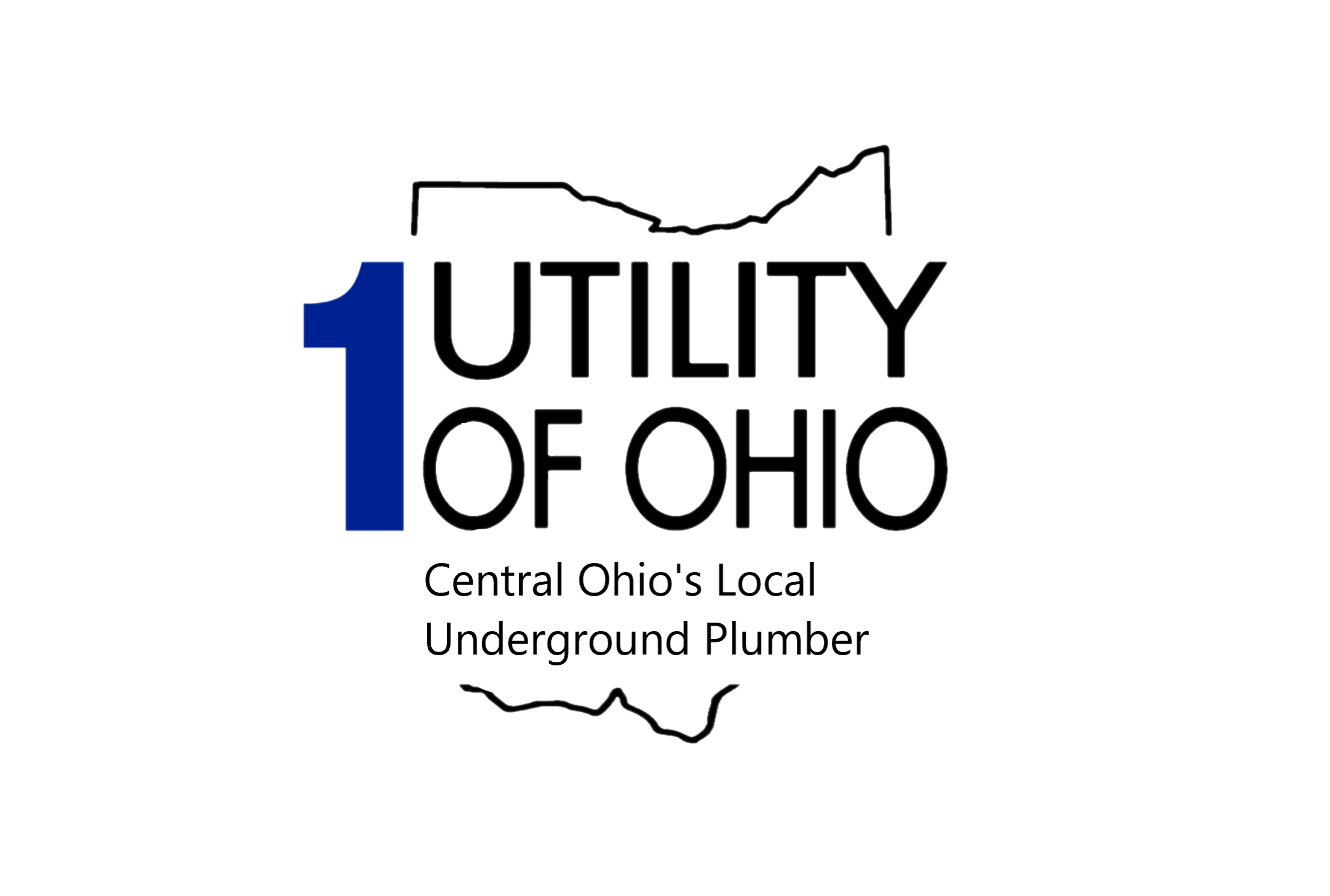Columbus, OH — If you’re a homeowner still relying on a septic system, you might not know that the City of Columbus has a program that could pay to connect your property to the public sewer system. The Septic Tank Elimination Program (STEP) is here to help eliminate outdated septic systems, improve public health, and protect the environment—all while saving you thousands of dollars. Keep reading to learn how this program works and how you can qualify.
What Is the STEP Program?
The Septic Tank Elimination Program (STEP) is an initiative by the City of Columbus aimed at helping homeowners transition from private septic systems to the city’s public sewer network. By eliminating aging or failing septic systems, the city reduces the risk of contamination, improves water quality, and ensures modern sanitation for residents.
Why Is the STEP Program Important?
Septic systems, especially older ones, can fail over time, leaking untreated wastewater into the soil and potentially contaminating local water sources. The STEP program addresses these risks by providing a cost-effective solution for homeowners to connect to the public sewer system, which offers:
- Improved Public Health: Reducing the risk of waterborne illnesses caused by septic system failures.
- Environmental Protection: Preventing harmful pollutants from entering local waterways.
- Financial Relief: Covering a significant portion of the costs to transition to the sewer system.
How Does the Program Work?
STEP makes the process straightforward for homeowners. Here are the steps involved:
- Assessment: The city identifies neighborhoods with high concentrations of septic systems and evaluates eligibility.
- Notification: Eligible homeowners are notified about the program and provided with details on how to participate.
- Connection: The city works with licensed contractors to connect your home to the public sewer system and properly decommission your septic tank.
- Cost Assistance: STEP covers much of the cost, significantly reducing out-of-pocket expenses for homeowners.
Who Is Eligible for the STEP Program?
Not all homeowners qualify for STEP, but eligibility is typically based on location and the condition of your septic system. Areas with failing systems or those near public sewer lines are prioritized. To find out if you qualify, visit the City of Columbus’s STEP webpage or contact their office directly.
Benefits of Switching to the Public Sewer System
Connecting to the public sewer system offers numerous advantages, including:
- Reliability: Say goodbye to septic system maintenance and the risk of costly repairs.
- Increased Property Value: Homes connected to the public sewer system are often more appealing to buyers.
- Peace of Mind: Enjoy worry-free sanitation with a system maintained by the city.
How to Get Started
If you’re interested in the STEP program, the first step is to check your eligibility. Contact the City of Columbus’s Department of Public Utilities or visit their website for more information. Don’t wait—spaces in the program can fill up quickly, and this is an opportunity to save thousands while upgrading your home’s infrastructure.
Final Thoughts: A Cleaner, Safer Future
The City of Columbus is taking big steps to improve sanitation and protect the environment with the STEP program. By helping homeowners transition away from septic systems, the city is investing in a cleaner, safer future for all. If you’re ready to make the switch, take action today and take advantage of this incredible opportunity.




